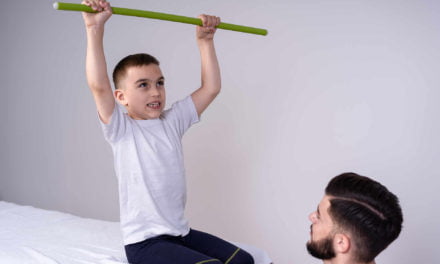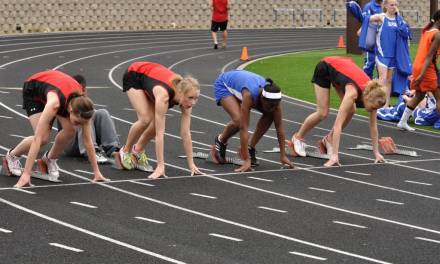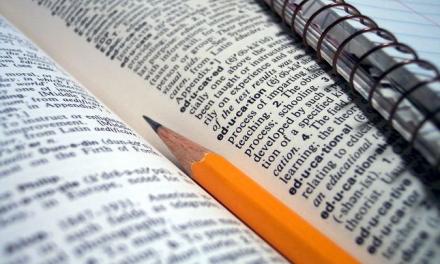Ofsted conducted a review into PE delivery in 2022 and is a must-read for anyone involved in physical education. It’s long, but full of solid points that really make you think. It really drives home the message that high-quality PE is for every student, especially those with special educational needs or from disadvantaged backgrounds. The benefits they highlight are huge, showing just how vital PE is in schools.
Here are some key things to note from the review:
1. Defining PE
- PE isn’t just sport. It’s a subject with its own knowledge base, drawing from science, psychology, and even sociology.
- Extracurricular sports are great, but they don’t replace a well-planned PE curriculum that reaches every student.
2. Time and Curriculum
- Schools need enough PE time for students to really master the skills they’re learning. Two hours a week is a good starting point.
- All that time changing clothes and setting up equipment can eat up a lot of actual activity time
- The goal of PE is not to create elite athletes, but to help kids develop physical skills and confidence at each stage of their education.
3. PE and Inequality
- PE is key to getting kids moving, and for some, it’s their only chance to learn about physical activity.
- Well-designed PE can help kids who don’t have many opportunities to be active outside of school.
4. Building Competence
- Think of PE as having three main parts: motor skills (how to move), understanding rules and tactics (how to move intelligently), and healthy participation (understanding how activity impacts health).
- Kids need plenty of practice and feedback to develop these skills.
- Teaching the why behind exercise gets kids more interested.
5. Curriculum Design
- Don’t try to teach everything! Focus on a few activities and teach them well.
- Be sure to include activities besides games and sports.
- Plan your curriculum so that skills build on each other over time.
- Extra-curricular activities can be a great way to reinforce what’s learned in PE class.
6. Teaching PE
- Teachers need solid knowledge about both PE content and how to teach it.
- Most students are beginners in PE, even if they’re good at sports. They need clear, step-by-step instruction and lots of practice.
- Show students what good performance looks like through demonstrations.
- Give clear, positive feedback and create a welcoming and optimistic school culture.
- Use competition carefully, making sure kids have the skills they need first.
7. Assessment
- Use a variety of assessment methods that show what students know and can do.
- Make sure assessments are fair for all students, including those with special needs.
- Physical performance isn’t the only thing to assess – look for understanding of concepts and how to apply them.
8. PE Leadership
- Strong leadership is crucial for a good PE program.
- When schools use outside PE providers, make sure the quality is high and that it complements the school’s curriculum.
9. Professional Development
- Ongoing professional development is key, especially for teachers who don’t specialise in PE.
Ofsted’s PE review also outlined three key areas for student development:
1. Motor Competence: Mastering physical movements (running, jumping, etc.).
2. Rules, Strategies, and Tactics: Understanding how to apply movement skills in different contexts and activities.
3. Healthy Participation: Knowing how exercise impacts the body and making healthy choices.
These three areas can work together to build a student’s overall competence in physical education.
How PE Office can help
PE Office can be a beneficial platform that PE departments can take advantage of. The platform has developed and provides engaging and well-sequenced lesson plans and schemes of work that align with best practices.
By using this resource, PE departments can save valuable time on lesson planning, ensuring the curriculum is well-structured and progressive. This frees up teachers to focus on other crucial aspects of their role, such as refining their pedagogy, providing targeted feedback, and building strong relationships with students to foster a love of physical activity.
Take a look at what the platform can offer by accessing the shop. You can also contact 01909 776900 or email mail@peoffice.co.uk.










